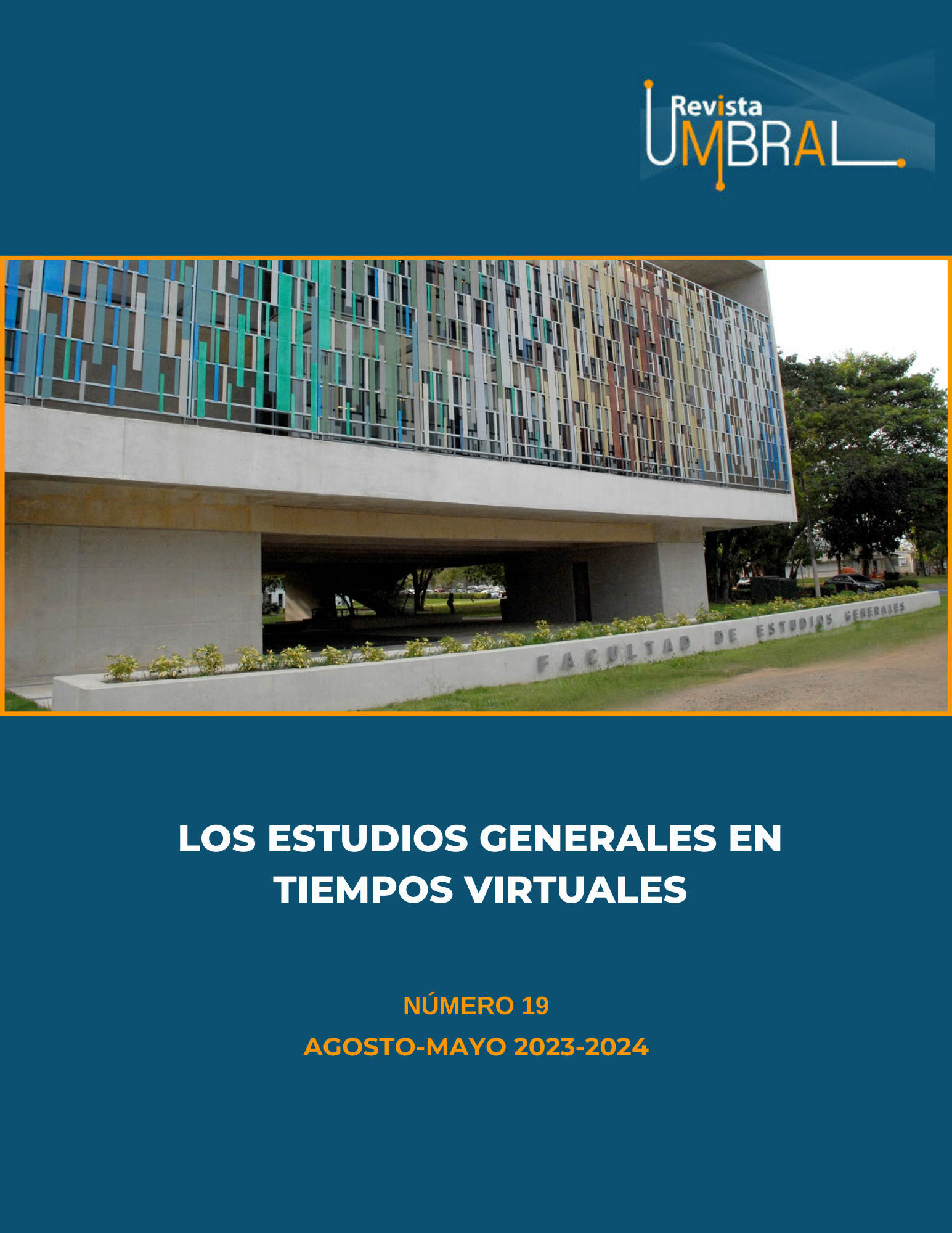Abstract
The pandemic caused by COVID-19 led educational institutions of all academic levels to proceed with distance teaching-learning. This teaching modality has been called Emergency Remote Teaching (Emergency Remote Teaching or ERT by its acronym in English). Instructors and students suddenly found themselves immersed in the enormous challenge of offering and taking courses from face-to-face to remote mode assisted by technology distance. In the case of the Biological Sciences courses of the Faculty of General Studies, it was required to go beyond the assembly of modules with the description of the topics to be discussed and the specific learning objectives of each lesson. The laboratory component, which in these courses forms an integral part and supports the content of the class, required special attention. It was necessary to evaluate and provide various resources such as recordings that demonstrated procedures, documentaries on techniques, and the inclusion of results on practical experiences that had been obtained in face-to-face laboratories in previous semesters for their analysis by students in remote mode. The obligatory question was how effective were instructors and students in these courses in ERT? In the Science, Biotechnology and Society course we work on the evaluation of student achievement in knowledge and understanding of concepts, procedures and techniques that are discussed in class and practiced in the laboratory. The measurement instrument consists of a 25-item pre/posttest. The authors have previously reported the results obtained from a sample of 29 students who took the course through ERT (session from August to December 2020). The results of this group were compared with data obtained from a sample of students who had taken the course in face-to-face mode prior to the pandemic. The data obtained revealed significant differences between the two student samples, with the remote course showing the lowest achievement. To explore whether an active discussion dynamic results in an effective transformative action to improve the use of students in remote mode, we carried out the evaluation with a sample of 19 students (session from January to May 2021).
The active discussion process consisted of stimulating the participation of the students in explaining concepts, processes, and techniques, trying to direct them towards the processes of metacognition. In this dynamic, the instructor took the role of consultant and reviewer in the students’ expressions of ideas, foundations of concepts, and techniques. The results obtained are notably higher than those obtained by the remote group from August to December. In this work, he demonstrates that the transformative action that the course instructor carried out was successful.

